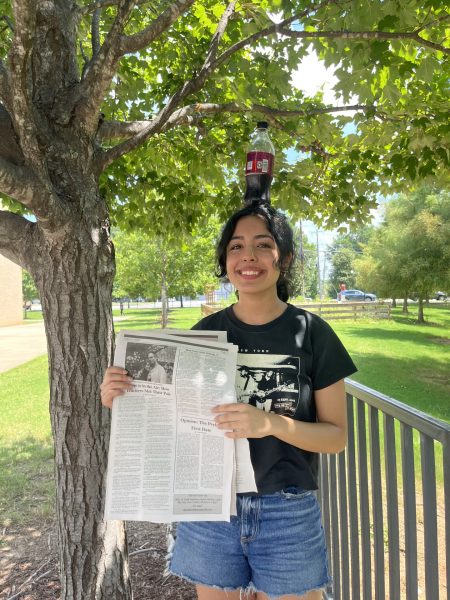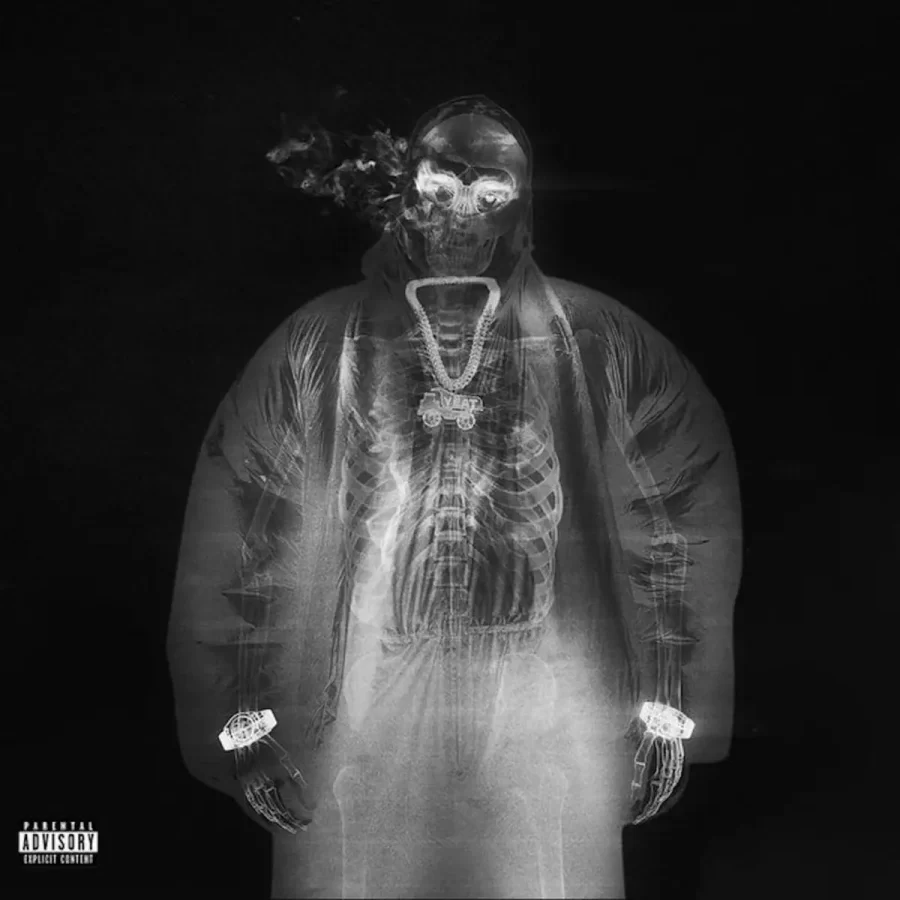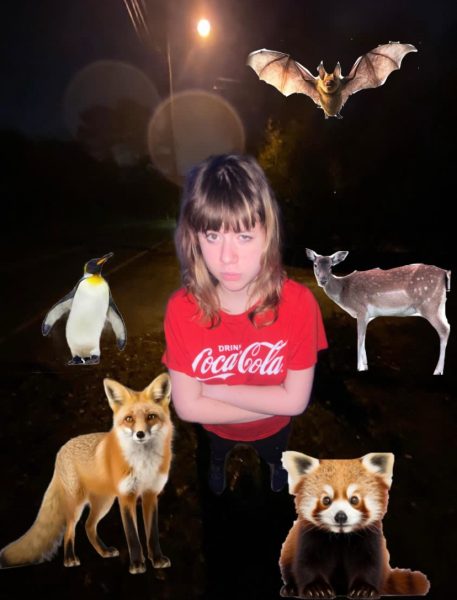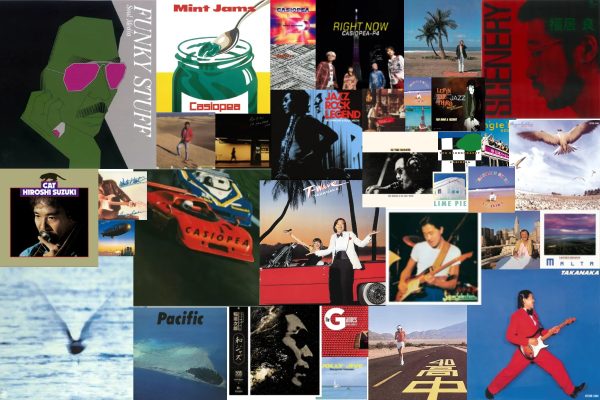A Breakdown of Yeat’s New Aftërlyfe Album
Yeat first blew up for his tracks, such as “Sorry About That,” when his sounds began receiving millions of views and videos on TikTok. It was his unique vocals, particularly those alluding to trap and electronic genres, that blew him up on the app. “Aftërlyfe ” is his sixth full-length record, which further established him as a trendsetter and Internet personality. The album has been a hot topic of discussion, as it is certainly different from anything he has ever put out before.
Yeat plays with ridiculous ad-libs and vocal patterns throughout the album, even sometimes appearing off-beat on purpose. Each song keeps the audience guessing what pattern or tone he’ll use next. For example, “Woa…!” consists of him flowing from a low to high pitch on top of a heavy beat. While on “Shmunk,” NBA Youngboy delivers a much-needed alternative voice, as he is the only feature on the album. Yeat does attempt to make up for this by including his alter personas “Kranky Kranky” and “Luh geeky.” The album also has dance beats and acoustic strings, like on “Nun id change,” which honestly would fit better on a Drake album. “Back Home” is led by acoustic strings, which ends up giving more of a traditional trap sound.
While “Aftërlyfe ” is similar to Yeat’s other albums regarding its constant flexing, he is also vulnerable about his shortcomings that have affected his life. In particular, he addresses his drug-related issues to open and close the album. On “No morë talk,” he opens with, “I’m working on drying, ridin’with my demons, they my deadliest friends.” He references these demons continuously on the record, which we can assume is a metaphor for drug-use. To end the album, he closes with, “I been druggin’, these days I’m in my hell. You don’t know what I feel, I don’t know how to feel,” showing that he is still fighting the same demons from when he first started his career.
The album does contain 22 tracks, making it a lengthier album, but not an outlier in his discography. Many listeners might lose interest when playing the latter half, as his music can get quite repetitive. However, this means fans can pick and choose what specific tracks they like from a larger range of melodies, giving them more options to enjoy. The record, as I see it, is a combination of bangers that can either be redundant or lively. Yeat, most importantly, mixed in a new stylistic trope, which most of us can agree is admirable in a record from him. But is it his best album yet? Absolutely not.
Your donation will support the student journalists of Chamblee High School Blue & Gold. Your contribution will allow us to print editions of our work and cover our annual website hosting costs. Currently, we are working to fund a Halloween satire edition.

Simran Kukreja (‘24) is a junior and Staff Writer for the Chamblee Blue & Gold. In five years, she hopes to be happy with where her life is heading. Her three favorite things are her Mathnasium students, iced match green tea lattes with two pumps of chai and vanilla sweet cold foam, and Spotify.






